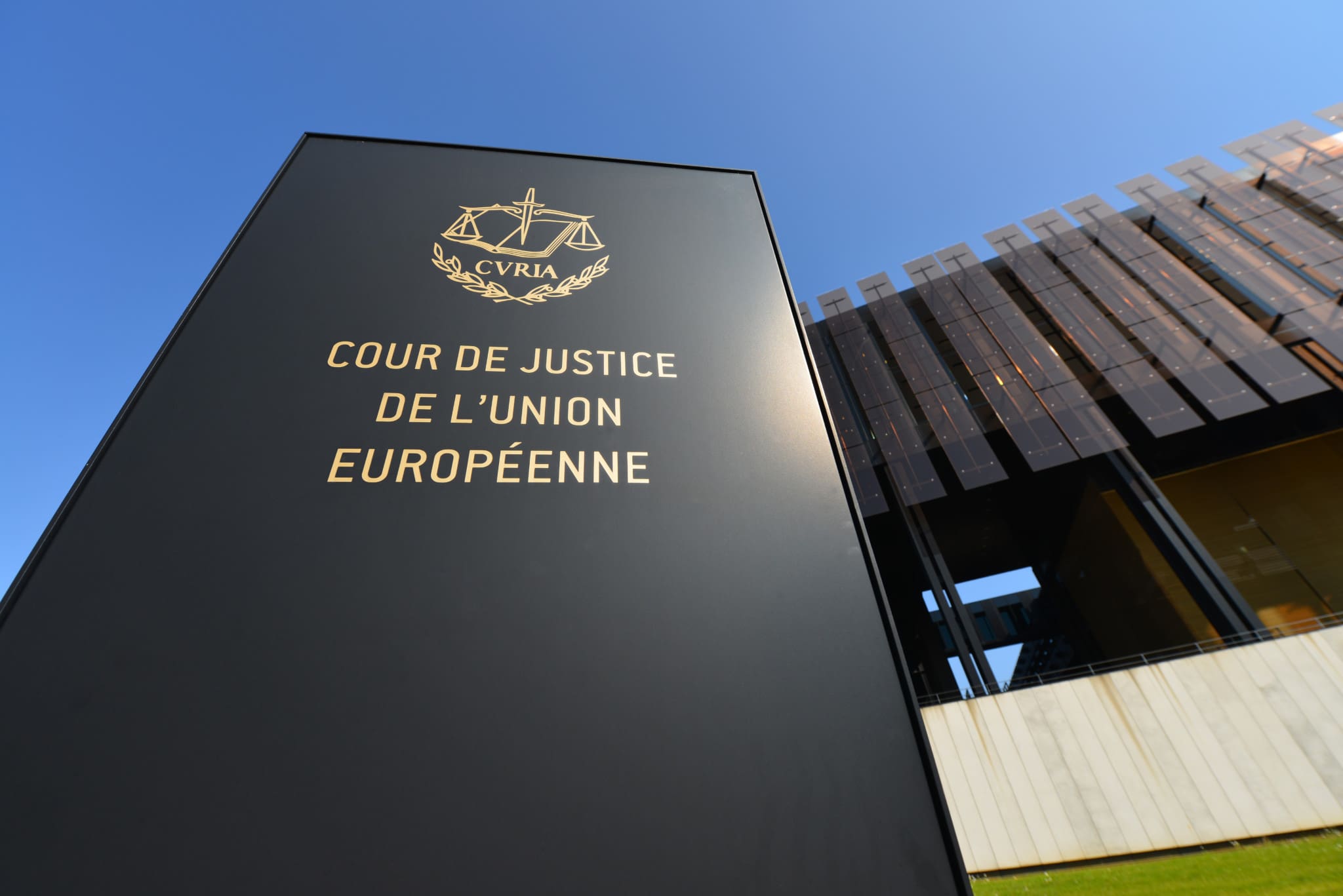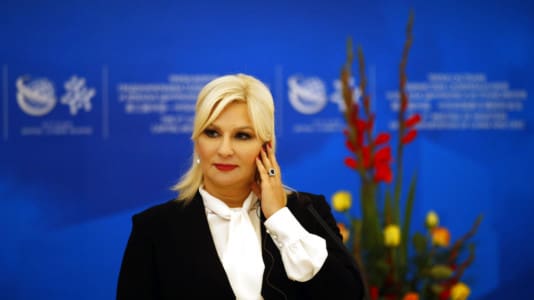The top court of the European Union ruled on Wednesday that Brussels can lawfully withhold funds to member states it deems in violation of the bloc’s fundamental rule-of-law principles.
The European Court of Justice rejected the legal challenge brought by Hungary and Poland against the European Union’s Rule of Law Conditionality Mechanism, paving the way for the European Commission to slash funds owed to both countries.
The move has been met with fury from the governments of Poland and Hungary, which view the ruling as a grave threat to their sovreignty.
“This mechanism is illegal, it violates the EU Treaty,” said Polish MEP Jacek Saryusz-Wolski, who is a member of the ruling Law and Justice (PiS) party.
“An historic day for the EU. The treaties were changed by a regulation and a political judgment of the ECJ,” added Sebastian Kaleta, Poland’s deputy minister of justice. “From now on, the European Commission can direct blackmail against any EU country, under the sanction of receiving funds. The target today is the conservative governments of Poland and Hungary, which oppose the left-wing EU mainstream.”
The dispute had been ongoing since 2020, following objections from Brussels about the practices of the conservative governments in both Warsaw and Budapest, amid allegations from the EU’s left-liberal elite that the countries were backsliding on their democratic principles and their freedom of the press. Both member states have firmly rejected such accusations.
[pp id=7652]
The bloc introduced the Rule of Law Conditionality Mechanism, which essentially gave the Commission the right to withhold budget payments to countries with which it had concerns over the practices implemented by national governments.
Both Hungary and Poland contested the mechanism, alleging the regulation was in violation of the European Union treaties and failed to provide legal certainty to member states, arguments rejected “in their entirety” by the top court in Luxembourg on Wednesday.
In its judgment, the court held that “the sound financial management of the Union budget and the financial interests of the Union may be seriously compromised by breaches of the principles of the rule of law committed in a Member State.”
It added that considering the principles of rule of law and solidarity are the cornerstone of mutual trust between member states, and is a condition for the enjoyment of all the rights derived from the European treaties, “the European Union must be able to defend those values.”
[pp id=25537]
Hungarian Justice Minister Judit Varga slammed the judgment delivered on Wednesday morning, calling it “politically motivated” and claiming it is “living proof that Brussels is abusing its power.
“This is another pressure against our country only because we adopted our law on child protection last summer,” she added in a social media post.
The mechanism has not yet been used by the European Commission, with the EU executive opting to wait for the court’s ruling before implementing what are effectively financial sanctions on dissenting member states. European liberals, however, are now expected to ramp up the pressure on Commission President Ursula von der Leyen to pull Covid-19 recovery funds and EU budget payments to Hungary and Poland.
And that is precisely what the European Commission president appears to do, according to a statement posted in light of the ruling.
“I welcome the Court’s confirmation of the legality of the conditionality regulation. The Commission will defend the Union’s budget against breaches of the principles of the rule of law. We will act with determination,” von der Leyen vowed on Wednesday.
Both Hungary and Poland have not ruled out another legal battle to try and have the ruling annulled, with both member states assuming prior to the court’s ruling on Wednesday that it would likely not be in their favor.
“The judgment on Feb. 16 will reveal that the Court of Justice sees a federal Europe as being desirable,” Orbán predicted a few days prior to the judgment.
Conservatives fear the new ruling will be used to pressure governments to accept migrant quotas, LGBT in classrooms, same-sex marriage, and other progressive goals. The “rule of law” is theoretically ambiguous, which means that the EU can use it as a pretext for a wide range of issue. For example, the EU has been withholding funds from Poland over judicial reform, although the founding EU treaties left nation-states with the remit to shape their own judicial systems.





